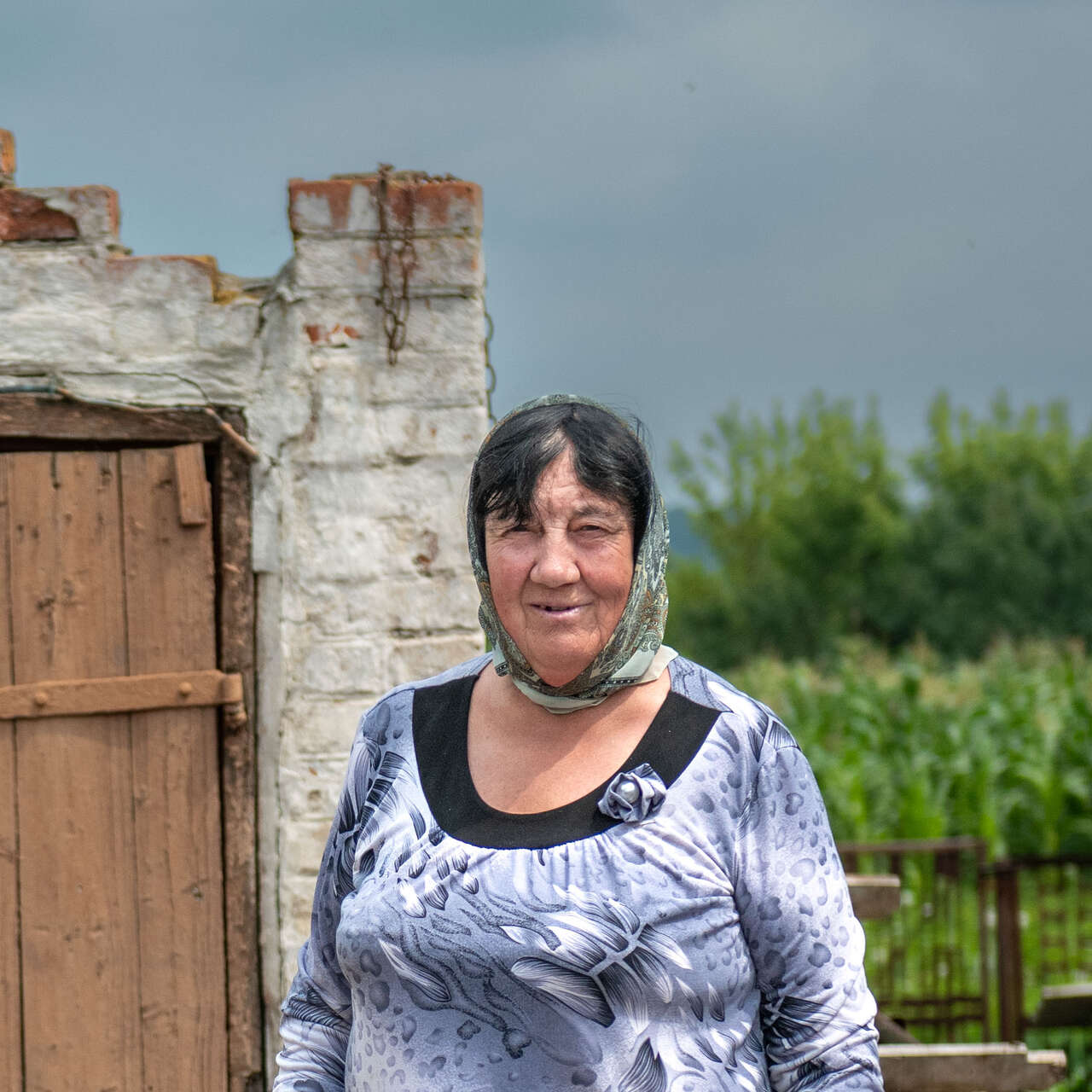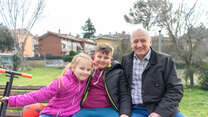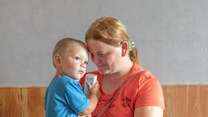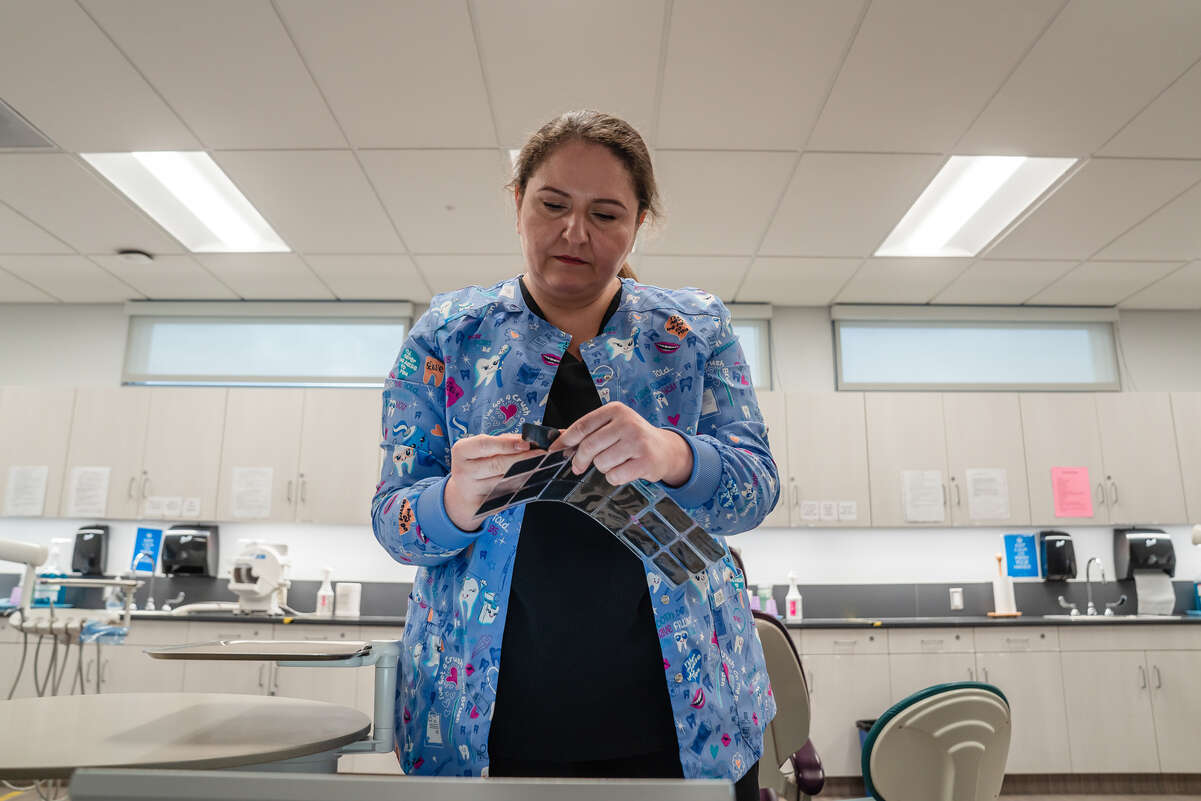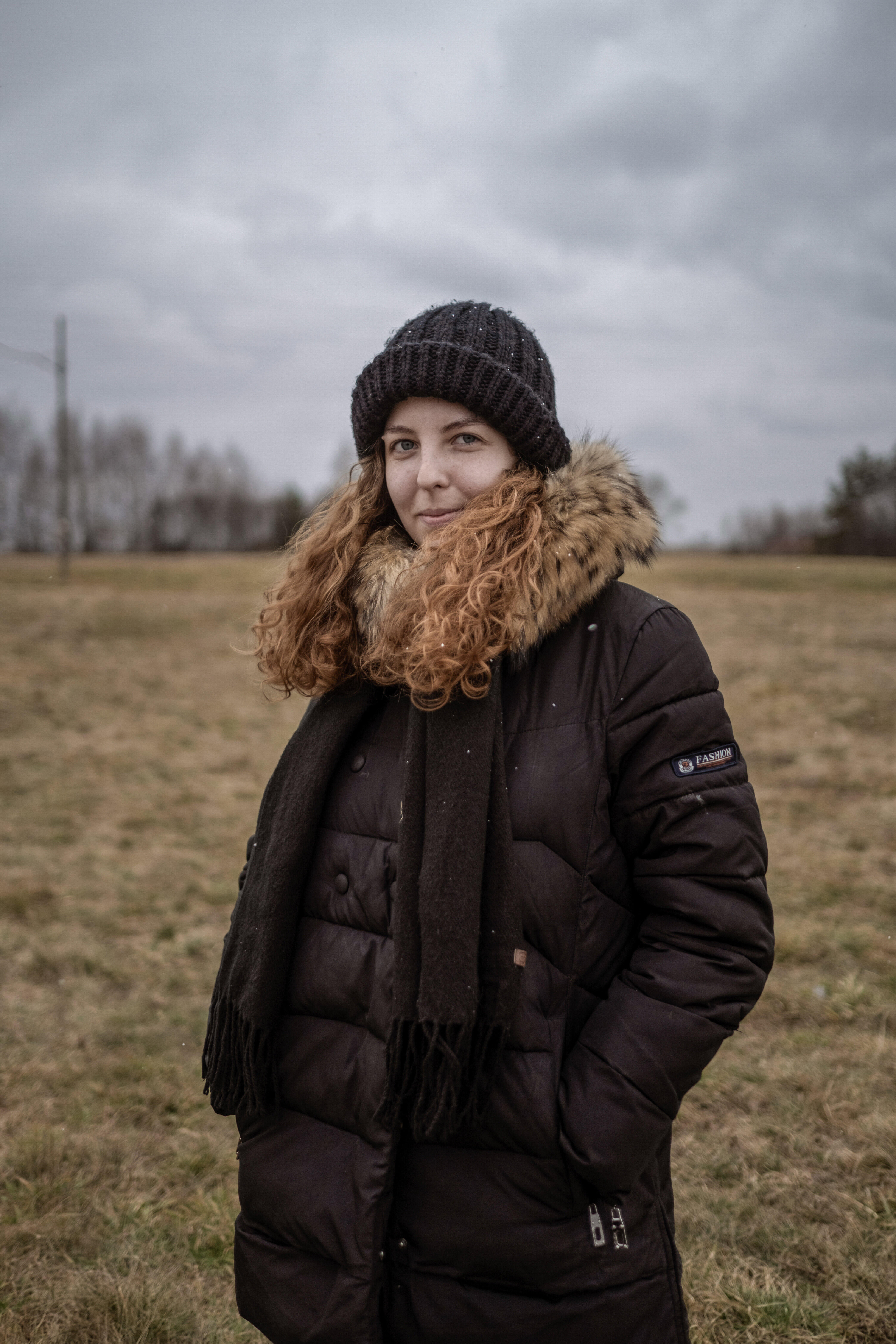Three years on, conflict continues to take devastating toll in Ukraine
- 12.7 million people in Ukraine are in need of urgent humanitarian assistance.
- Thousands of Ukrainians are still being displaced by relentless shelling and advancing fighting.
- In areas beyond the Government’s control, one million people endure dire humanitarian conditions, yet access for aid organizations remains severely restricted.
- “The need for humanitarian aid does not end when headlines fade—solidarity has no expiration date,” says Alain Homsy, IRC Ukraine Country Director.
Millions of people have been uprooted from their homes in Ukraine and are in need of humanitarian assistance, in what has become the largest and fastest displacement crisis in Europe since World War II. Over 6 million people have fled the country, while millions more are displaced within Ukraine and in need of urgent humanitarian assistance.
The conflict in Ukraine escalated into a war on 24 February 2022. Bombs and shelling continue, damaging homes, hospitals, schools and other civilian infrastructure.
Over 3 million people are displaced inside Ukraine, while over 6 million have fled to seek safety.
Ukraine, which became an independent country in 1991 after the collapse of the Soviet Union, has been working to forge closer ties with the European Union and NATO, which escalated the tensions with Russia. In 2014, Russia illegally annexed the Crimean Peninsula and began backing pro-Russian separatists in parts of eastern Ukraine. Eight years of fighting have resulted in the deaths of over 3,000 people, forced more than 850,000 people from their homes, and left almost 3 million in need of aid. Eight years later, the conflict escalated into a war.
Russia’s war on Ukraine has resulted in humanitarian suffering on a scale beyond what Europe has seen this century. The world is bearing witness to the deaths of innocent civilians, the destruction of vital infrastructure, and massive displacement within Ukraine and beyond.
More than 12.7 million people in Ukraine will require humanitarian assistance in 2025, and nearly 11 million people—about a quarter of the pre-war population—have been forced from their homes.
As the attacks continue, people who remain in Ukraine are enduring the dangers of life under barrages of missile strikes, as countless people try to cope without adequate heat and electricity. Ukraine’s cold winter months exacerbate humanitarian needs in the country as families tried to keep warm amid destroyed buildings and heating infrastructure while temperatures regularly dropped below freezing. Meanwhile, constant shelling hinders access to basic needs and medical assistance.
Millions of people are struggling with war-compounded trauma without adequate mental-health support and extremely limited resources. An IRC survey in Ukraine found that 45% of respondents do not earn enough to meet their basic needs, while nearly 90% of families living in frontline areas report severe mental health struggles at home.
The war spares no one—over 1,900 attacks on medical facilities and 3,6000 attacks on schools have been recorded in blatant violations of international humanitarian law. An average of two children per day have been killed or injured in Ukraine since the full-scale Russian invasion.
“It is difficult to imagine the horror of children being woken up by explosions, with the roof shattered above their heads. There are no words strong enough to condemn bombarding and wounding children. They are bearing the heaviest burden of this war,” says Andrii Moskalenko, Pharmaceutical manager at the IRC.
Learn how the IRC’s mobile health teams are providing care in frontline regions of Ukraine.
Russia's invasion of Ukraine has resulted in one of the world’s largest global displacements and the war continues to force people out of their homes.
Over 6 million refugees have had to leave Ukraine, with almost 1 million Ukrainian refugees seeking safety in Poland.
People continue to stay in countries like Poland, Romania, Hungary, Slovakia and Moldova as it is unsafe to return to Ukraine. While basic humanitarian needs, like food and protection, are largely being met, additional integration support, such as job opportunities, long-term accommodation and language classes, are needed to help refugees rebuild their lives.
In Ukraine, we are focusing our assistance in the areas most heavily affected by the war. Together with our local partners, we are:
- Providing timely cash support to vulnerable families to enable them to cover their most basic needs,
- Supplying essential items to support families in meeting their basic needs,
- Providing essential protection services, including running Safe Healing and Learning Spaces for children, gender-based violence services and women’s centers, and legal assistance for people whose homes have been damaged by air strikes,
- Supporting overwhelmed health facilities with essential supplies and mobile health teams.
The IRC is also on the ground in Poland, working with local organizations to meet the needs of displaced families. This includes:
- Job skills training and job matching,
- Providing refugees with information on their rights and available assistance,
- Working with cultural assistants to help children integrate into classrooms,
- Continuing to support women affected by the war in Ukraine to find shelter in a carefully curated safe haven and a dedicated women’s center.
The IRC is responding along the entire arc of the crisis, assisting Ukrainian refugees across Europe and in the US.
Humanitarian needs resulting from the war in Ukraine demand unwavering global solidarity. As the initial response loses momentum, the international community needs to scale up its efforts to invest in longer term solutions to ensure that it empowers refugees to make informed decisions about their future and protect those who have remained in Ukraine.
